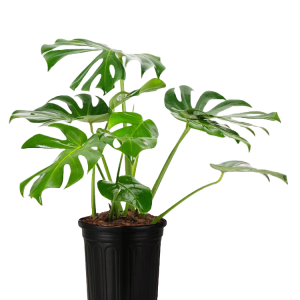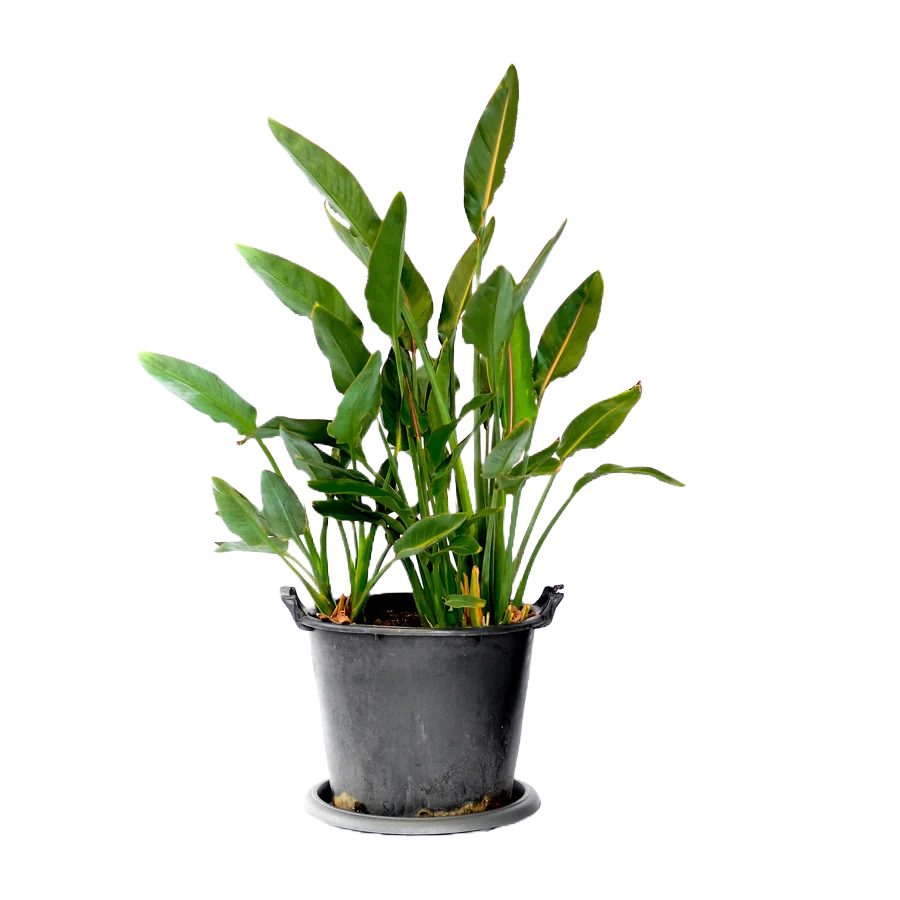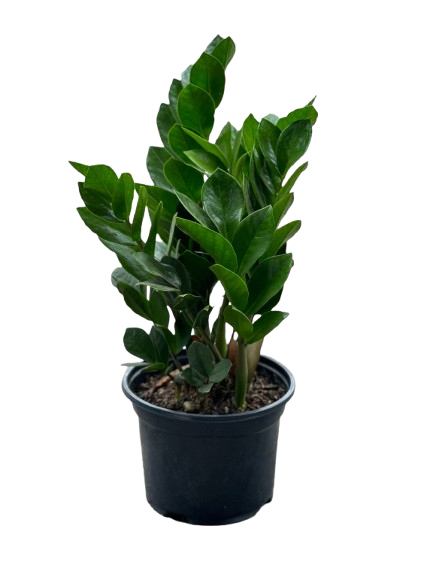The Complete Guide To Jade Plants:Indoor Charm & Outdoor Beauty.
The Jade Plant (Crassula ovata) is one of the most popular indoor succulents in Kenya, loved for its thick, glossy leaves and easy care. Known as the “plant of prosperity” or “friendship tree,” it is often gifted to symbolize wealth, good luck, and long-lasting relationships. With its compact growth and ability to thrive in Kenya’s climate, the Jade Plant is an excellent choice for homes, offices, and gardens.
Why Grow This Plant?
- Symbolizes prosperity, good fortune, and friendship.
- Low-maintenance and long-living succulent.
- Improves indoor air quality naturally.
- Perfect for containers, offices, and small spaces.
- Can be styled as a decorative bonsai plant.
Cultural & Historical Significance
In many Asian cultures, the Jade Plant is associated with wealth and financial success, often placed near entrances or cash registers. Feng Shui practitioners believe its round, coin-shaped leaves attract abundance. In Africa, succulents like Jade are valued for their resilience and beauty, while in the West, Jade Plants are gifted as housewarming presents symbolizing luck and prosperity.
Ideal Growing Conditions in Kenya
- Sunlight: Prefers bright, indirect light but can tolerate some direct morning sun.
- Temperature: Thrives in Kenya’s warm climate (18°C–28°C).
- Soil: Well-draining succulent or cactus mix.
- Watering: Water only when soil is completely dry (every 10–14 days).
- Best regions: Nairobi, Nakuru, Eldoret, Kisumu, and coastal towns with well-drained soils.
How to Plant It
- Choose a healthy Jade Plant or stem cutting from a nursery.
- Plant it in a pot with drainage holes using succulent soil mix.
- Place the pot in a bright spot with indirect sunlight.
- Water lightly after a few days to allow roots to settle.
- Repot only when the plant outgrows its container.
Care Tips
- Avoid overwatering to prevent root rot.
- Rotate the plant occasionally for even growth.
- Prune leggy stems to encourage bushier growth.
- Fertilize every 3–4 months with a diluted succulent fertilizer.
- Wipe leaves gently to keep them clean and glossy.
Pests & Diseases
- Mealybugs: Appear as white cottony patches; remove with neem oil or rubbing alcohol.
- Aphids: Attack new growth; treat with insecticidal soap.
- Root rot: Caused by waterlogging; ensure good drainage and dry soil.
Pet Safety
The Jade Plant is toxic to cats and dogs if ingested. Keep it out of reach of pets in Kenyan households.
Growing in Containers
Jade Plants grow beautifully in ceramic pots, terracotta containers, or decorative planters. They are perfect for balconies, verandas, and office desks. Use shallow pots with drainage holes to support healthy root growth.
Where to Buy This Plant in Kenya
You can buy Jade Plants in Kenya from Plantify.co.ke, your trusted source for healthy succulents and stylish pots. They deliver across Nairobi and other major towns.
Final Thoughts
The Jade Plant is more than just a succulent—it’s a living symbol of prosperity, resilience, and beauty. With minimal care needs and striking charm, it’s a must-have for plant lovers in Kenya. Add one to your collection and enjoy a touch of greenery that grows with you for years to come.
Plantify.co.ke is your trusted source for plants, pots, and all things green in Kenya. From starter herbs to exotic indoor plants, we help you grow beautiful spaces—naturally.
Recent Posts
- Asiatic Lily Bulbs in Kenya: Vibrant Color, Easy Growth & Garden Beauty
- Dendrobium Orchids: Elegant Blooms, Easy Care & Indoor Beauty
- Vanda Orchids: Vibrant Colors, Air-Grown Beauty & Elegant Displays
- Vriesea Bromeliads in Kenya: Elegant, Colorful & Easy to Grow
- Manuka : Beauty, Healing & Natural Resilience








